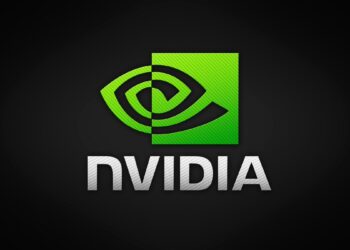Select Language:
In a significant legal ruling, two major AI companies have achieved victories in court, with a U.S. judge declaring that training artificial intelligence using books constitutes “fair use.” This decision marks a pivotal moment for the burgeoning AI industry, highlighting the ongoing debate over the boundaries of copyright in the digital age.
The case arose from concerns about how AI companies utilize copyrighted materials to develop their technologies. Critics argued that using texts without permission could infringe on the rights of authors and publishers. However, the judge’s ruling supports the notion that such practices can fall within fair use guidelines, a principle that allows limited use of copyrighted material without needing to seek permission.
This outcome is expected to have far-reaching implications for the future of AI development and the publishing industry, as it sets a precedent for how copyrighted works may be used in training AI systems. Legal experts are closely watching this case, as it could shape the landscape of intellectual property law in relation to technology.
Supporters of the ruling argue that it fosters innovation and access to knowledge, while detractors caution that it may dilute the rights of content creators. As the discussion continues, this moment serves as a crucial juncture in the intersection of law, technology, and artistic expression.






